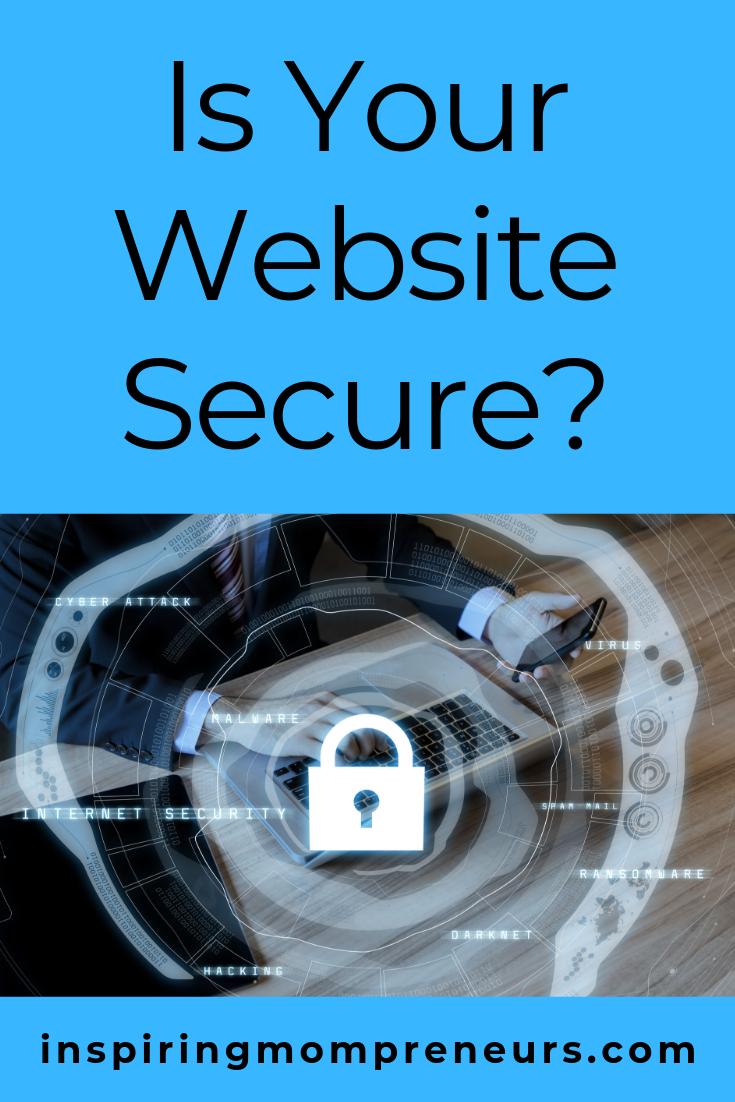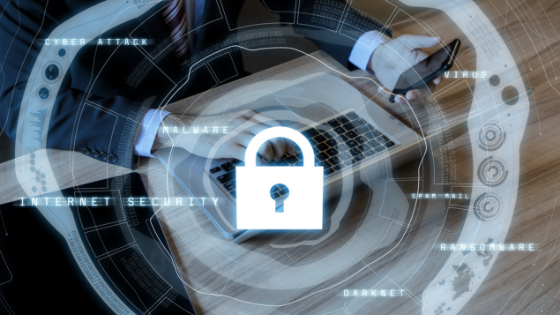Is My Website Secure?
Behind every great entrepreneur is an impressive website. But while we spend a great deal of time and money on creating a beautiful and user-friendly website, how much do we consider security?
Website security is often overlooked or misunderstood. But the last thing you want is a ‘not secure’ pop-up warning visitors away from your site.
So here’s what to do to make sure your website is as secure as possible.
 Why do you need a secure site?
Why do you need a secure site?
To put it simply, your customers’ private data, as well as your own, is at stake if your website isn’t secured.
Users want to see that your website is secure, and it’s become an essential requirement for any business website, whether you handle transactions or not.
What’s more, not having the proper security can lead you to miss out on the Google search algorithm.
Web hosting
It’s easy to get confused between domain names and web hosting. Your domain name is the address of your site. But your web host is where your website actually exists online.
Every website needs a host. This is because a good host will make it safer to upload and store files, and will likely offer backup services.
Some hosts are free, but these often are not ideal for a business, as they might come with embedded adverts or individual limitations. Many businesses go for commercial web hosting instead.
Firewalls
Cyber threats are a significant danger to online businesses. You want to make sure that your website isn’t vulnerable. Some web hosts offer free firewall services, but there are also paid plug-ins available.
You could also install a web application firewall to protect your site, which is most often cloud-based.
Secure browsing can help you to detect breaches before they happen, simplifying your security strategy.
Secure transactions
Are you running an e-commerce business? Then you’ll need to make sure your transactions are encrypted. You might have noticed a small padlock in the URL bar of most websites you visit. This is to reassure visitors that the site is securely encrypted.
SSL certificates ensure that no third party hackers can access your customers’ credit card details. Be sure to get one for your site before you start trading. You’ll need to make sure you have a dedicated IP address before buying the certificate and then updating your site to use HTTPS. SSL and HTTPS certificates are usually renewed annually, so you’ll pay a yearly fee.
Before you purchase SSL and HTTPS certificates, check that your web host doesn’t already provide them. Your provider may be able to point you in the right direction for the most compatible options.
Updates
To keep your site secure, you should always update as soon as possible. This is because your site is vulnerable to bots, or automated hackers, which trawl the internet looking for the most exposed sites.
Make use of any updates and patches offered by your web host. You should also renew your certificates whenever necessary to maintain your protections.
How secure is your website? Which of these measures do you have in place?


